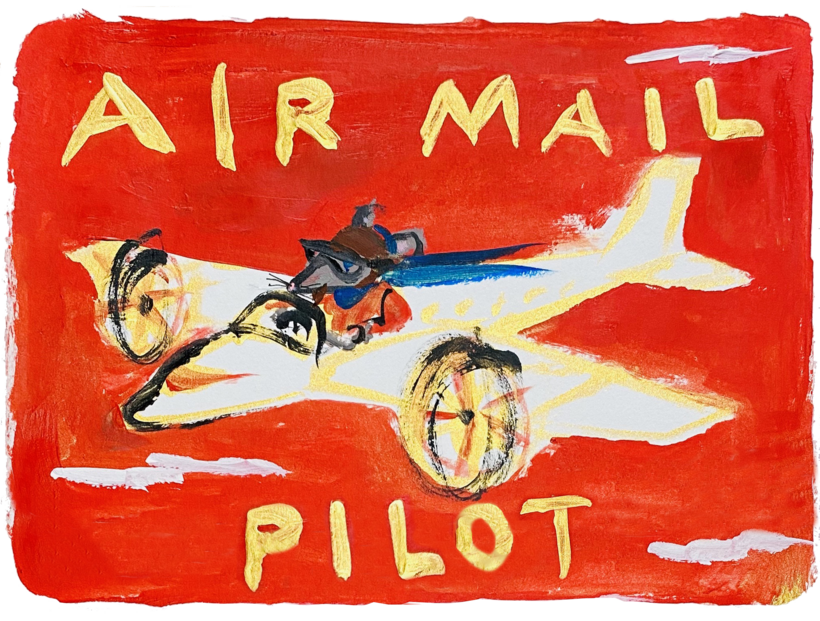Good Things Come in Small Pinecones

When C. C. Bernstein was little, her mother would tell her the story of Princess Pinecone before bed each night. It followed the adventures of a Thumbelina-sized princess, whose home was a pinecone and who had an extensive collection of gossamer silk dresses.
Using this childhood story as inspiration, Bernstein, now 32, incorporated fanciful details—such as likening the pinecone to “the size of a grain of rice,” and introducing a community of little friends—into her debut children’s book, Princess Pinecone and the Wee Royals, which teaches acceptance and compassion. “It’s a story of kindness, empathy, and courage, one that I grew up falling asleep to,” says Bernstein. “And it just created that bond between my mother and me that I think is so important for kids.”

